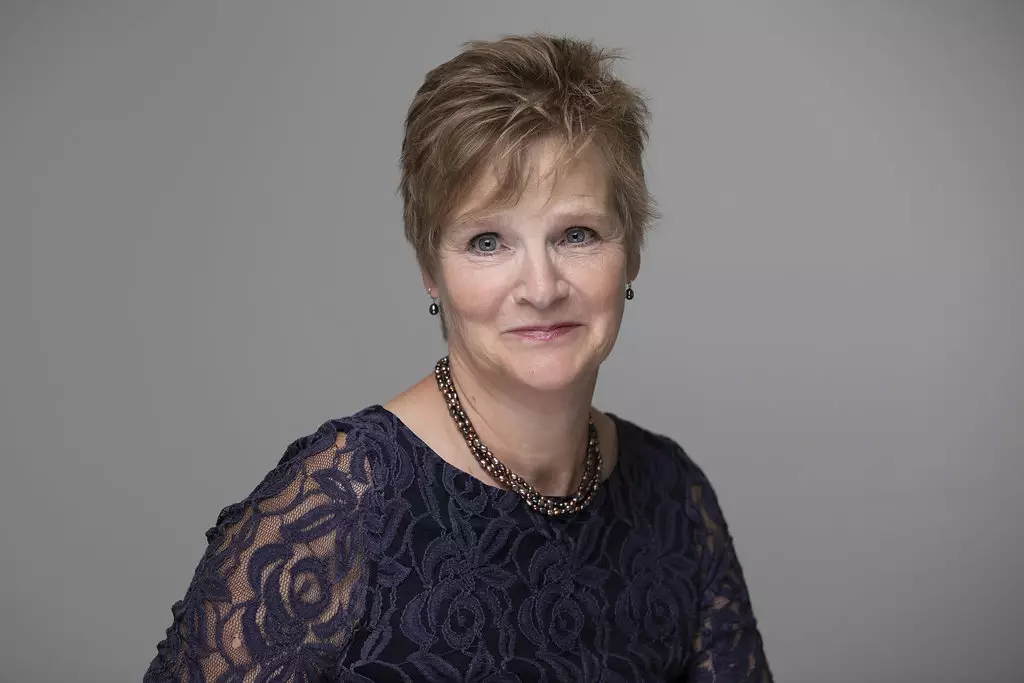Gift Aid during the COVID-19 pandemic
HMRC has agreed to relax a few Gift Aid rules because of the COVID-19 pandemic. Many of these have been negotiated by the Charity Tax Group.
Cancelled events
When a charity has to cancel an event because of the COVID-19 pandemic, HMRC accepts the charity may claim Gift Aid on ticket refunds if individuals choose to donate their refund to the charity under Gift Aid. HMRC requires charities to:
- contact the individual who paid for the event
- explain they are entitled to a refund but may wish to donate this to the charity
- make it clear they do not have to donate the refund but if they choose to donate it, it’s non-refundable
- make sure the individual has enough tax to cover the donation
- document the conversation with the individual and keep records of this
- ensure that there is a Gift Aid declaration in place for the individual
- keep a record of the email/conversation with the individual
This applies to refunds for fundraising events, challenge events, courses and conferences but only if cancelled as a result of COVID-19. Normally, for Gift Aid purposes, HMRC expects charities to pay the refund to the individual who may then pay this back to the charity under Gift Aid if they wish.
Advertisement
Membership subscriptions
Some charities and Community Amateur Sports Clubs (CASCs) have suspended the collection of membership subscriptions in light of the COVID-19 pandemic but some members are making voluntary donations instead in order to support their club.
HMRC accepts there is no barrier to Gift Aid being claimed on such donations, provided they are freely given, no benefits arise in consequence of that specific donation (either now or in the future) or, if provided, they fall within the donor benefit limits, and a Gift Aid Declaration is obtained. Where clubs have reduced their subscription rate, any amounts freely donated over and above this reduced amount would also potentially be eligible for Gift Aid. In all cases it must made clear to the members that the amounts voluntarily given by them are not subscriptions, carry no subscription rights and will be treated as donations on which the charity or CASC will claim Gift Aid. The donor will need to provide a Gift Aid declaration confirming they have paid sufficient tax.
Retail Gift Aid Scheme
The Charity Tax Group has negotiated a few COVID-19 related ‘easements’ with HMRC:
• Oral declarations: Charities may continue to make the claims despite not having been able to issue oral confirmation letters so long as the charity’s staff or volunteers have provided a full explanation as to the Gift Aid process and the donor’s having to be a UK taxpayer
• Returned mail: if charities are not attending offices and have no knowledge that they have received any returned notifications by post then they can continue to claim Gift Aid as usual. Once they return to “normal” and start to open correspondence then they should ensure that going forward they take the appropriate action such as issuing a correction on the next Gift Aid claim. So far there has been no change agreed by HMRC in the requirement to issue end of year statements to donors under the pre agreed schemes by 31 May.
Gift Aid Small Donations Scheme
Another easement negotiated by the Charity Tax Group relates to the Gift Aid Small Donations Scheme. Normally GASDS donations must be a maximum of £30 paid in cash or by contactless card. However, HMRC will accept that regular cash donors can save up donations of up to £30 each and give them to the charity in a batch when it is safe to do so. HMRC say ‘Where it is the case, for example, of separate donations being given in a single envelope, then if the church/charity official is happy these are clearly separate ‘small donations’ (and clearly stated as such) then they will be eligible for GASDS, as is the case where separate envelopes are used”.
Helen Elliott is a partner at Sayer Vincent, an audit and advisory firm working exclusively with charities and social purpose organisations.




